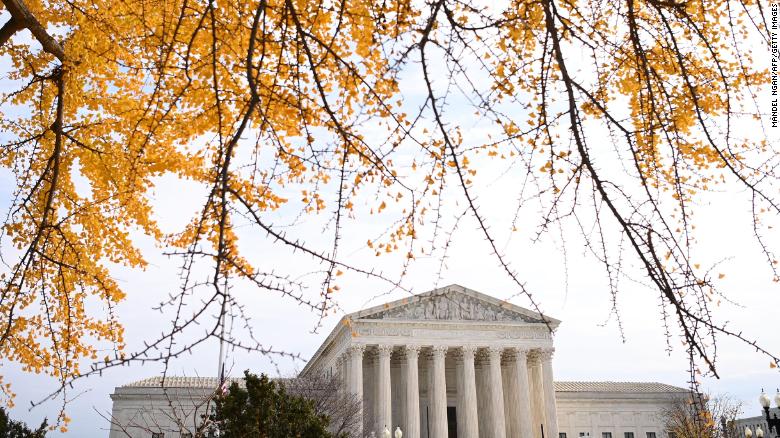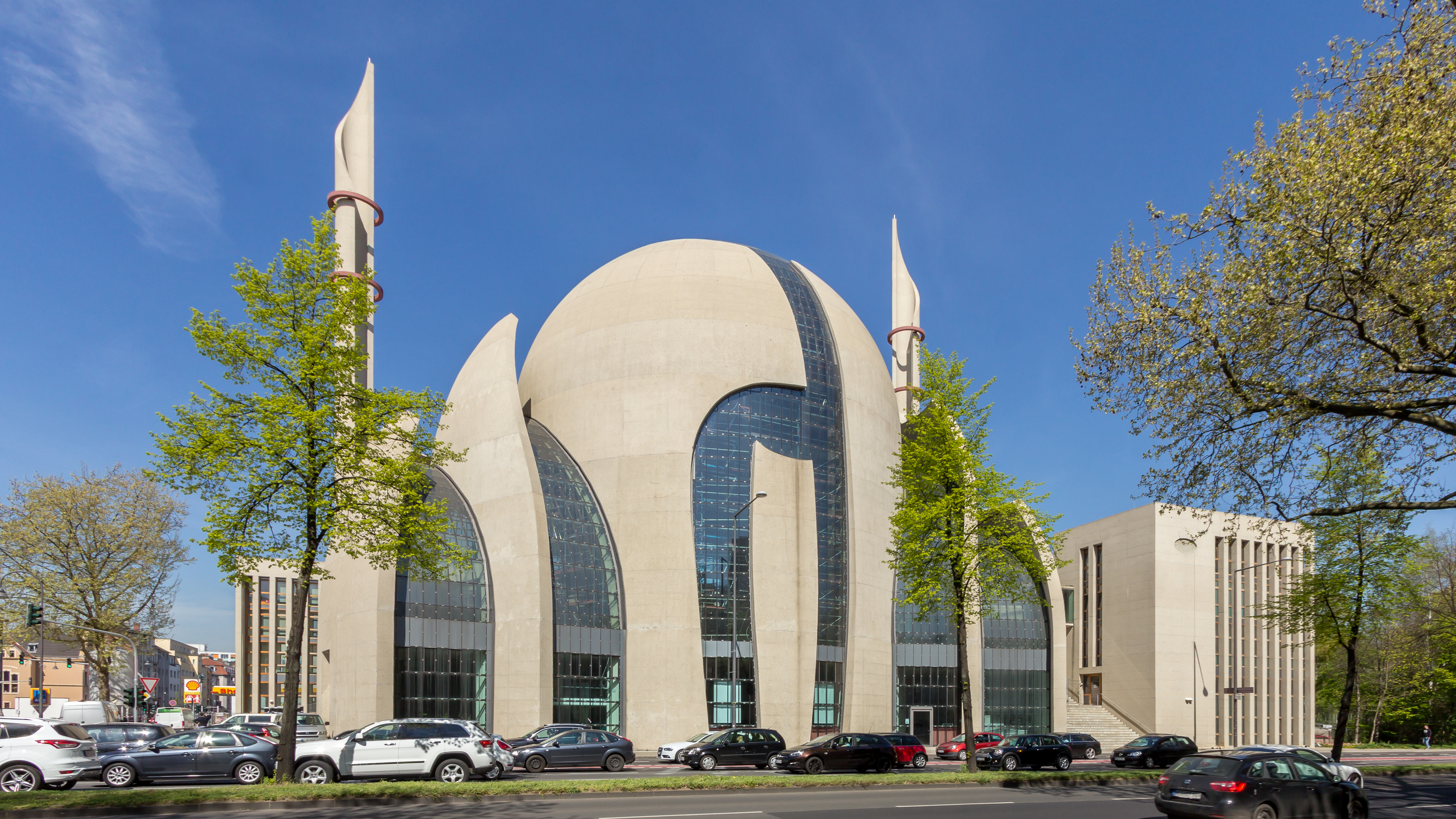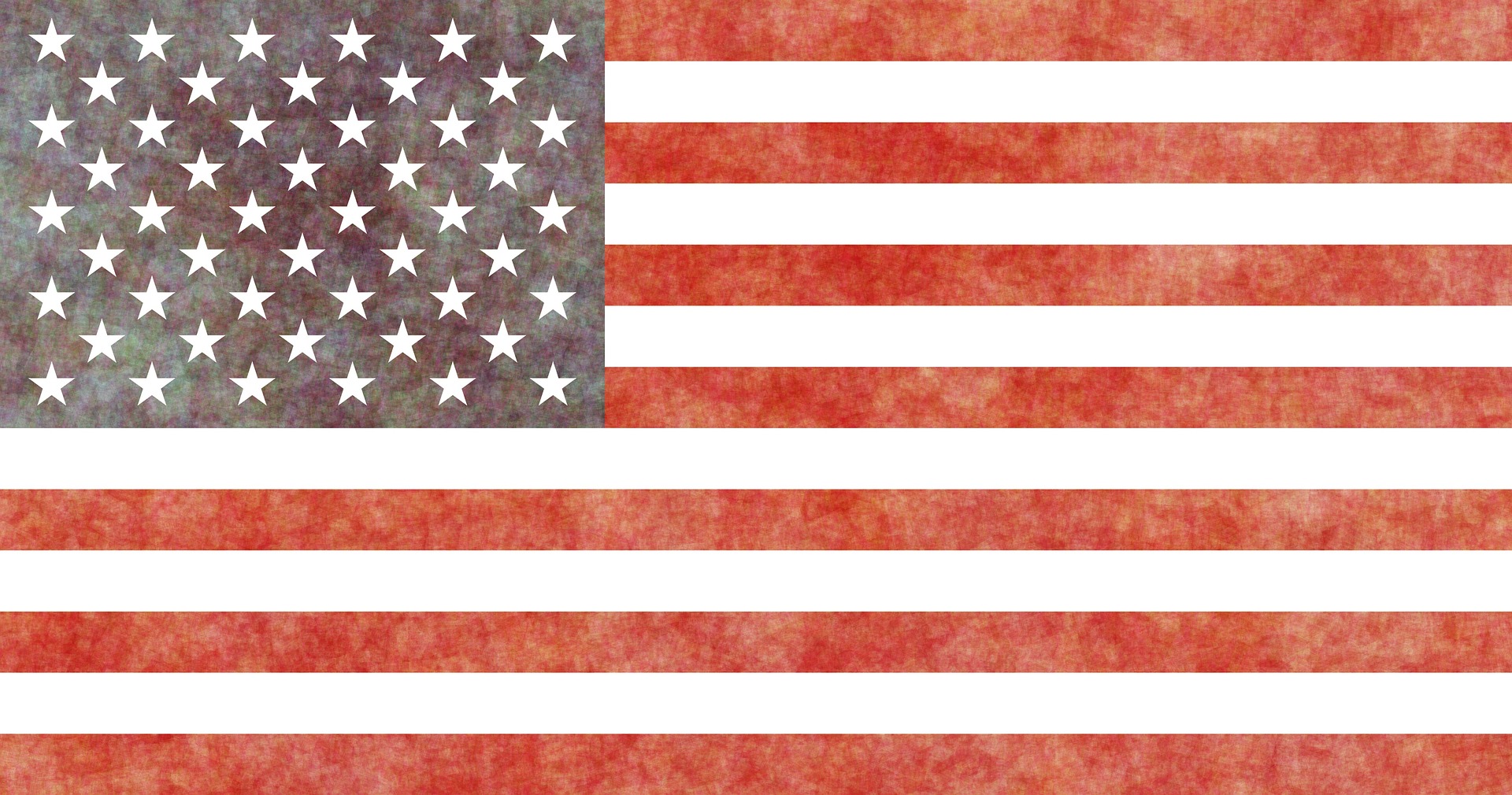July 19, 2012
The (Norwegian) Health Institute, (Norwegian) Islamic Council and (Norwegian) Diabetes Association continue their partnership.
It is on Friday (July 20) that the Muslim holy month of Ramadan is starting. That is the reason why some health experts fear that many Muslims are not sufficiently informed regarding the risks with fasting the long summer days.
Almost 100.000 persons in Norway will commence their fasting period on Friday which means that they will willingly abstain from food and water (smoking etc.) from sunrise to dawn. Bernadette Kumar, the director of the National Center for Minorities Health (NAKMI), means that “sometimes there are people with immigrant background who do not receive the necessary information about nutrition. This means that they do not fully understand the consequences of fasting regarding their levels of ‘blood sugar’ and the complications related to these issues.” She stresses however that the fast does not lead to any particular health risks for most people.
In order to spread the necessary information NAKMI have cooperated with the Islamic Council and Diabetics Association for some years now. They have worked for spreading fact-based information to Muslim minorities and also offered professional help regarding health issues in general. For instance, NAKMI has formulated a brochure on “meal plans” where recommendations are given to fasting Muslims how to maintain healthy diet during the fast period. This initiative is first in its form where specific advice is given.
“We are very enthusiastic over this cooperation. We know that there are many sick people who choose to fast despite that they are religiously permitted to abstain from fasting. This can result in serious health risks.” says Björn Guldvog, the assisting director of the Norwegian Directorate of Health (NDH) and university proifessor at University of Bergen. He continues “It is important that they (NAKMI and the Islamic Council) send out the information to people in the risk group advising them to discontinue fasting if they have a health condition which could get worse if one is to abstain from food and water (including medicine) intake. This is particularly important regarding people with chronic diseases, pregnant women, and people who’s health depends on some medications. In any case, the information really focuses on more general advice regarding nutrition.”
He further says that the NDH, “as a public institution works to inform the entire population about health issues including Muslims who fast. This certainly means that the Muslim religious leaders need to get the information out to their congregations. People who choose to fast and worry about their health should consult their physicians for more specific advice.” The NDH has distributed the necessary information to all of the country’s health clinics regarding the health challenges during Ramadan. The Islamic Council has in turn distributed similar information to all of their member congregations. The information is presented in a most delicate and positive fashion. Islamic congregations are regularly discussing issues related to nutrition and which foods contain which nutritional elements.
Medical Doctor Naeem Zahid at the Akershus University Hospital says that the young Muslims are often more concerned with what they eat during Ramadan. “My impression is that the youth has changed their food habits in relation to the older generation. Before, most of those who fasted ate deep fried dishes, and that changed for a while to more healthy alternatives. Today, the trend seems to be the return of fried stuff. Some just overeat, too much fatty foods and spices, which contributes towards bad food digestion. Moreover, eating eggs, lenses, and drinking carbonated beverages lead to buildup of gases.” He adds, “On the other hand Ramadan (lasts 29-30 days) is only once a year and this type of food consumption do not have any long-term consequences if one eats healthy during the rest of the year”
Some of the vendors and stores throughout the Oslo city center are well stocked with the season specific goods. Nadeem Iqbal’s store is ready for Ramadan. “There is no doubt that we like to eat fried food.” He answers the question, ‘Do you think that people will follow the nutrition advice from the NDH?’, that “youth are far more conscious about health and foods. For us who are a bit older it is not very easy changing our habits which have come to be viewed as tradition.” Even Iqbal eats samosa, chicken and paratha, all of it fried. After long fast the food is first thing that comes to mind.






